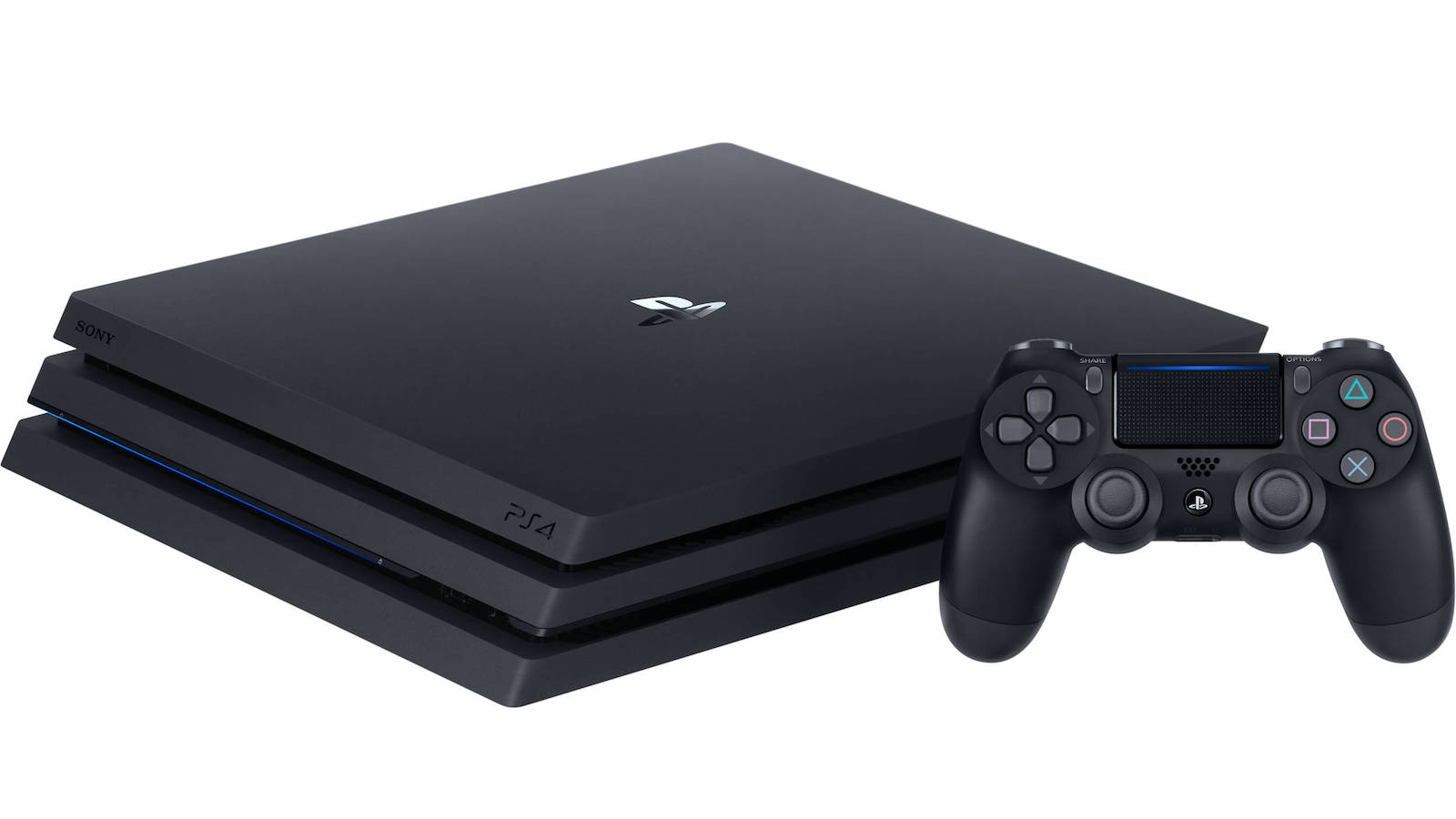PS4 support could finally be coming to an end – but don't worry if you're still using one to play Blu-ray discs
The PS4 should still soldier on as a Blu-ray player

The latest hi-fi, home cinema and tech news, reviews, buying advice and deals, direct to your inbox.
You are now subscribed
Your newsletter sign-up was successful
If recent reports are to be believed, then it may finally be time to say goodbye to the Sony PlayStation 4.
After 12 years of service, the console, which was succeeded by the PlayStation 5 in 2020, could see support winding down very soon.
The PS4 and PS5 have shared the spotlight for an unusually long period, mostly due to stock issues plaguing the PS5 early in its life.
That problem seemed to have been resolved in 2022; though that didn't stop game developers from continuing to release games for the ageing console, with new PS4 titles still being scheduled up to the present day.
However, an insight from GamesIndustry.biz – a reputable source for gaming news – claims that developers are finally beginning to wind down support for the PS4 versions of their titles.
This is due to hardware limitations, with the PS4 sporting an older processor and hard disc drive rather than a solid state drive, which plays a crucial role in the PS5's speedy performance.
While Sony hasn't confirmed if it will end software support for the PS4 quite yet, it seems inevitable, with major forthcoming titles such as Grand Theft Auto VI and Battlefield 6 only set for release on the PlayStation 5.
The latest hi-fi, home cinema and tech news, reviews, buying advice and deals, direct to your inbox.
So, why do we care? Well, Blu-ray players are few and far between these days, and the PS4 happens to be one of the remaining devices that can play Blu-ray movie discs.
It unfortunately doesn't support 4K Blu-ray discs, though HDR10 is supported, and you can access 4K streaming via the likes of Netflix, Disney Plus, Apple TV, Amazon Prime Video and more.
We're willing to bet that many people will continue to use their PS4s as movie-watching machines, and the good news is that they should still fulfil this function even if Sony starts slowing down updates.
And even if the console will no longer receive the major game releases or new headline features, Sony has a reassuring history of supporting its consoles' media playback capabilities long after they officially cease support.
For example, Sony released an update in March for the PlayStation 3, which launched all the way back in 2006, to refresh the console's Blu-ray encryption key in order to comply with Advanced Access Content System, a form of copyright protection assigned to Blu-ray discs.
This was a vital step to ensure that the nearly 20-year-old console could continue to play Blu-ray discs, and crucial for anyone who still used a PS3 as their primary Blu-ray player.
While there are certainly more capable disc players out there, the PS4 can be snapped up on the second-hand market at a hefty discount compared to its launch price, so it's a tempting choice for those on the lookout for a budget Blu-ray player complete with gaming functionality.
That being said, for those still using the PS4 for movies, there are some clear reasons to consider an upgrade.
The PS5 supports 4K Blu-ray disc playback, and it does so pretty well in our experience. Furthermore, it now supports Dolby Atmos via HDMI eARC, meaning you can access immersive audio for your games and movies alike.
However, if you're sticking with the PS4 as your primary media consumption machine, then you can rest easy knowing that it should still serve its purpose for a while to come, even if gaming support finally grinds to a halt.
MORE:
Read our full Sony PlayStation 5 review
And check out our list of the best 4K Blu-ray players
And the best OLED TVs
Lewis Empson is a Senior Staff Writer on What Hi-Fi?. He was previously Gaming and Digital editor for Cardiff University's 'Quench Magazine', Lewis graduated in 2021 and has since worked on a selection of lifestyle magazines and regional newspapers. Outside of work, he enjoys gaming, gigs and regular cinema trips.
You must confirm your public display name before commenting
Please logout and then login again, you will then be prompted to enter your display name.
